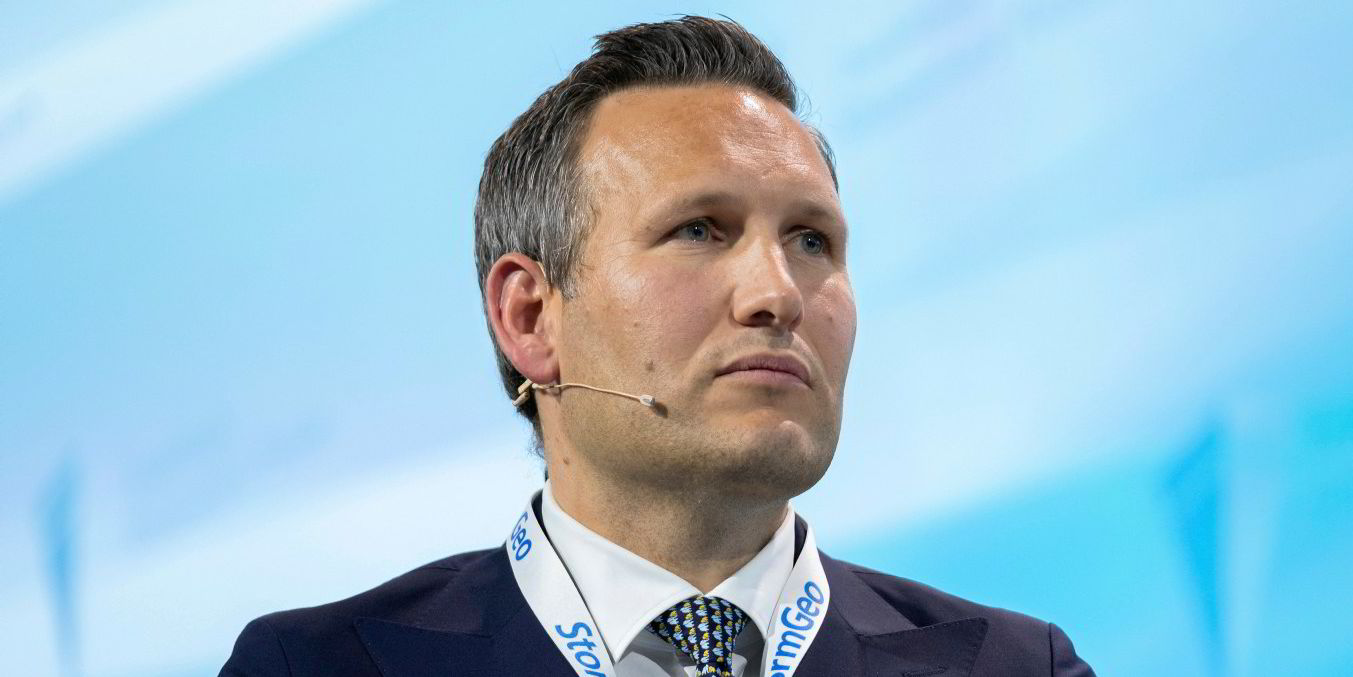I have already made such an investment decision myself, although unfortunately on a lot smaller scale than $1bn for my part. I have put about 75% to 80% in Flex LNG — a shipping company with a fleet of only the most modern LNG carriers reducing fuel consumption by around 60% compared to the steam generation.
This article is part of a series written by people across shipping in response to this question about how to deploy a hypothetical TradeWinds Sustainable Shipping Fund:
How, where and why would you invest $1bn for the best return in sustainable shipping, as the industry grapples with the need to cut carbon emissions, improve efficiency and keep cargoes moving in a world facing multiple economic and political challenges? The investment will be made now and ideally held for the next seven years to the end of the decade. As an added bonus, give one policy or regulation you would like to implement from 1 January 2023 to benefit shipping?
In addition, the cargo we are transporting — LNG — can replace coal, reducing emissions by a further 50%. It would clean up the local air with the elimination of SOx, mercury, soot and ash, and virtually eliminate particulate matter, while reducing NOx by 80% to 90%.
Flex LNG also has more than 60 years of minimum backlog and is paying out basically all of its earnings in dividends so investors can sleep well at night despite all the market volatility.
I would put the other 20% to 25% into Avance Gas, which is transporting LPG on large, efficient VLGCs.
LPG is a clean, versatile fuel, which can replace coking coal and biomass, giving poorer countries access to clean cooking fuel and heating. Lack of access to clean cooking fuel is resulting in a needlessly large death toll in the poorest countries so we could make a great contribution here.
As with Flex LNG, Avance Gas is focused on the most-efficient ships. We are currently in the process of renewing our fleet, with new dual-fuel VLGCs reducing emissions by around 40% compared to the standard VLGCs and, as with Flex, the cargo is a very good alternative to what is currently being used.
Avance Gas is admittedly a commodity shipping company with possibly volatile earnings; however, this is a good way to spice up the portfolio consisting of more boorish Flex LNG shares.
I think the IMO 2023 rules have turned into a car crash, with way too much detailed regulation and loopholes. This is great for classification societies, auditors, lawyers, consultants and bureaucrats. However, it has created a lot of extra red tape for companies, with questionable gains given the high compliance cost.
Most times, easier rules are much better so I would much rather prefer scrapping the rules altogether and replacing all this mumbo jumbo with a simple carbon tax.
This tax could be adjustable upwards every year, thus creating a predictable framework for shipping companies in contrast to today’s confusion and ambiguity.
It would also penalise the owners of the least-efficient ships as emissions are directly taxed. Getting this agreed is probably not easy, but I think the major economies could implement a carbon border adjustment mechanism to make sure nobody is able to freeride.



